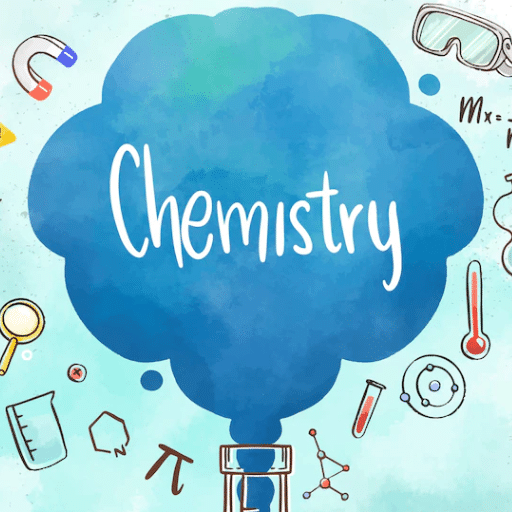How the State Government works Class 7 Worksheet Civics Chapter 3
Q.1. What is the role of opposition parties in the government?
Q.2. Name some political parties of India.
Q.3. What do you mean by the word legislature?
Q.4. What is a Legislative Assembly?
Q.5. What do you know about wallpaper projects?
Q.6. Why is the governor of the state appointed?
Q.7. Where are laws for the entire country made?
Q.8. What was the purpose of the press conference organized by the health minister?
Q.9. In the working of the government, explain the difference between being an MLA and an MLA who is also a minister?
Q.10. How does the press conference help you get information on what the government is doing?
Q.11. Who becomes a chief minister? What is his or her role in a state?
Q.12. Explain the following terms–the majority, ruling party, and opposition.
Q.13. What does the term constituency mean?
Q.14. What is the process of formation of government in a state?
Q.15. How do the people in power like the chief minister and the minister take action?
You can find Worksheets Solutions here: Worksheet Solutions: How the State Government works
|
63 videos|366 docs|46 tests
|
FAQs on How the State Government works Class 7 Worksheet Civics Chapter 3
| 1. How does the state government work? |  |
| 2. What is the role of the governor in the state government? |  |
| 3. How are laws made in the state government? |  |
| 4. What is the role of the state judiciary in the state government? |  |
| 5. How does the state government interact with the federal government? |  |

























